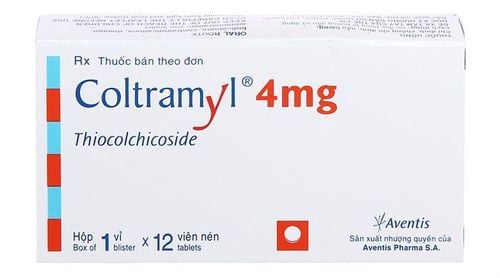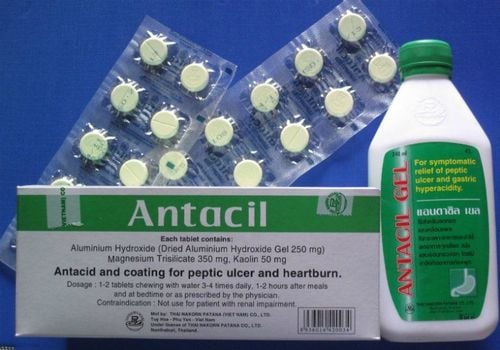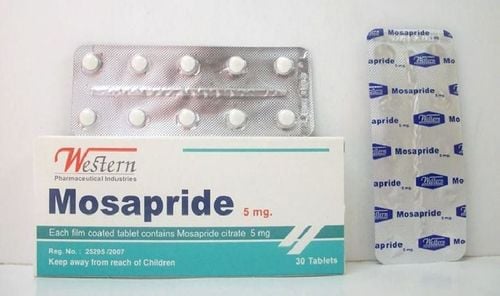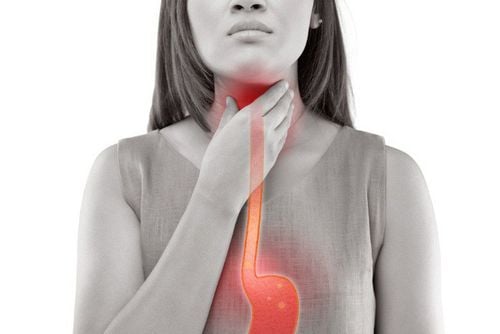Coffee is a popular beverage, but many regular drinkers report experiencing stomach discomfort or even more severe complications after consumption. What ingredients in coffee might contribute to this reaction?
1. Does Drinking Coffee Cause Stomach Pain?
Researchers have investigated complaints from individuals who experience stomach pain after drinking coffee. Studies suggest that the bitter compounds in coffee can stimulate gastric acid production. This effect may exacerbate pre-existing gastrointestinal conditions like irritable bowel syndrome (IBS) and trigger symptoms such as heartburn, ulcers, nausea, acid reflux, and indigestion.
Some believe that consuming coffee on an empty stomach is particularly harmful because it lacks food to buffer the coffee's acidic effects on the stomach lining. However, no studies conclusively link drinking coffee on an empty stomach to an increased risk of developing gastrointestinal disorders.
While some individuals are sensitive to coffee, exhibiting symptoms like heartburn, vomiting, and indigestion, the frequency and severity of these reactions do not seem to vary significantly between drinking coffee on an empty or full stomach.
The critical factor is how your stomach reacts to coffee. If you experience digestive discomfort when drinking coffee on an empty stomach but not when your stomach is full, you may need to adjust your consumption habits accordingly.
2. What Ingredients in Coffee Can Cause Stomach Pain?
Caffeine
Caffeine, a natural stimulant found in coffee, enhances alertness. An 8-ounce (240 ml) cup of coffee typically contains about 95 mg of caffeine.While caffeine is often seen as merely a mental stimulant, studies indicate it can also increase the frequency of gastrointestinal contractions. For instance, a 1998 study revealed that caffeinated coffee stimulates the colon 23% more than decaffeinated coffee and 60% more than water. This highlights caffeine's pronounced effect on the lower digestive tract.
Additionally, some research suggests that caffeine may boost gastric acid production, potentially causing stomach discomfort in individuals with heightened sensitivity.
Coffee Acids
In addition to caffeine, acids found in coffee, such as chlorogenic acid and N-alkanoyl-5-hydroxytryptamide, have been shown to increase gastric acid secretion. Gastric acid plays a role in breaking down food as it moves into the intestines for further digestion.Some studies associate these acids with worsened heartburn symptoms. However, the evidence remains inconclusive, as other studies show no significant connection.
Other Ingredients
In certain cases, coffee itself may not be the primary cause of stomach discomfort. Additives like milk, cream, sweeteners, or sugar, which are commonly added to coffee, could be the culprits.For example, approximately 65% of the global population is lactose intolerant, meaning they cannot digest lactose (milk sugar). Consuming dairy products may lead to symptoms like bloating, stomach cramps, or diarrhea shortly afterward.
3. Can Decaf Coffee Cause Stomach Pain?
Switching to decaffeinated coffee might help reduce stomach discomfort for individuals sensitive to caffeine. However, this solution may only work if caffeine is the main trigger.
Decaf coffee still contains acids like chlorogenic acid and N-alkanoyl-5-hydroxytryptamide, which are linked to increased stomach acid production and intestinal contractions.
Additionally, additives such as milk, cream, sugar, or sweeteners in decaf coffee can also trigger discomfort in sensitive individuals.
4. What Other Adverse Effects Can Coffee Have on the Body?
- Caffeine can be addictive, especially for individuals with a genetic predisposition to caffeine sensitivity. Regular coffee consumption can alter brain chemistry, gradually requiring higher doses to achieve the same effects.
- Excessive coffee intake may lead to anxiety, restlessness, a rapid heartbeat, or even panic attacks. It can also cause headaches, migraines, and high blood pressure in certain individuals. Experts generally recommend limiting caffeine consumption to 400 mg per day, roughly equivalent to 4–5 cups of coffee.
- Coffee can interfere with sleep, particularly when consumed later in the day, as its effects may last up to 7 hours in adults.
- Caffeine easily crosses the placenta, and its effects can last up to 16 hours in pregnant women and their babies. Therefore, pregnant women are advised to limit coffee intake to 1–2 cups (240–480 ml) per day.
5. How to Enjoy Coffee Without Stomach Pain?
To minimize discomfort, consider drinking coffee slowly and avoid consuming it on an empty stomach. Since coffee is acidic, pairing it with food during lunch or breakfast may reduce its impact on the stomach lining.
Here are additional strategies to lower coffee's acidity:
- Choose Dark Roast Beans: Studies suggest that beans roasted longer at higher temperatures are less acidic, making darker roasts gentler on the stomach than lighter roasts.
- Opt for Cold Brew Coffee: Research indicates that cold brew coffee is less acidic than hot coffee.
- Use Coarse Coffee Grounds: Finer grounds are associated with higher acidity levels. Using coarser grounds may result in a less acidic brew.
For those who enjoy coffee with milk but struggle with lactose intolerance, alternatives like soy milk or almond milk can be substituted to avoid discomfort.
Coffee is a staple of daily life, and when consumed in moderation, it is generally safe. However, individuals with sensitive stomachs or pre-existing gastrointestinal conditions should take precautions, such as adjusting their brewing methods, timing their coffee consumption, and considering dietary alternatives. Drinking coffee in a scientifically mindful manner ensures that it remains an enjoyable and harmless habit.
Please dial HOTLINE for more information or register for an appointment HERE. Download MyVinmec app to make appointments faster and to manage your bookings easily.













